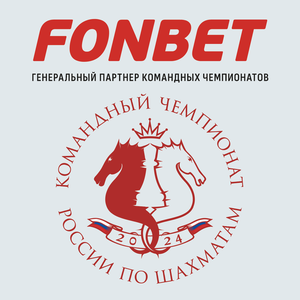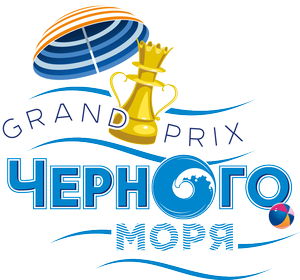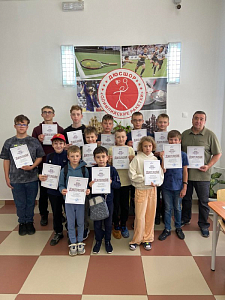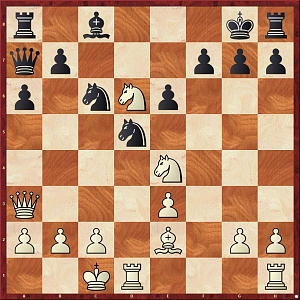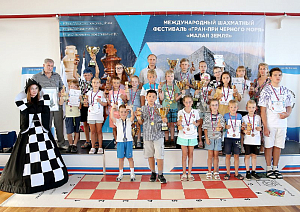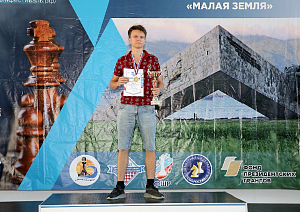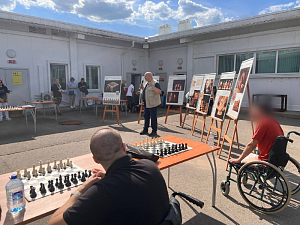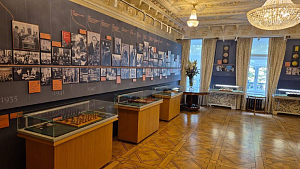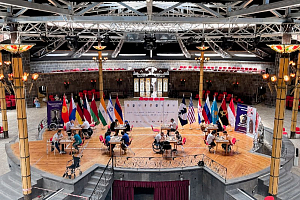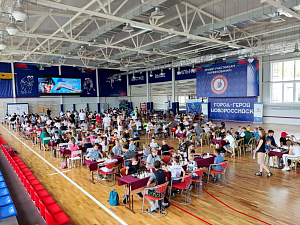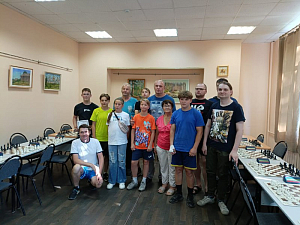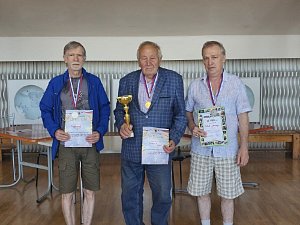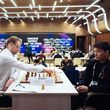Person of day - 5 MAY 2024
ANDRE LILIENTHAL
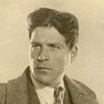
Andre Lilienthal was born in Moscow, but he lived in Budapest from 1913 onwards. He discovered chess late- at 16- but by 1930, he was successfully competing at tournaments. At the 1933 Olympiad, he was the best performer among the reserves with 10 points out of 13 and at the end of that year, he split 2nd-3rdplaces with Alekhine in Hastings.
In the next tournament in Hastings, Lilienthal split 5th-6thplaces with Botvinnik; in that tournament, he defeated Capablanca in sensational circumstances, after sacrificing his queen to the Cuban. If we add victories at tournaments in Ujpest and Barcelona in 1934 to those, we can see that in the 1930s, Lilienthal was a dangerous opponent for any chess player. He was original in his strategy and unexpected in his tactical decisions.
In 1935, after playing at an international tournament in Moscow, Lilienthal stayed in the USSR and immersed himself into Soviet chess life: he won a tournament in Leningrad, defeated Belavenets in a match and came 4that the 1936 international tournament in Moscow. In a well-attended Soviet championship, he split 1st-2ndplace with Bondarevsky, overtaking Botvinnik- who he defeated in an individual contest- Keres, Smyslov and Boleslavsky…In that same year, he became the champion of Moscow.
After the War, Lilienthal played in the famous radio matches between the USA and USSR in 1945 and 1946, as well as in matches between the USSR and Great Britain, Moscow and Prague, and Moscow and Budapest. In 1948, he joined the fight for the world championship. After coming fifth in the inter-zonal tournament, he qualified for the candidates’ tournament in 1950. He was unsuccessful, coming 8th-10th. After this, Lilienthal did not play in any candidates’ tournaments, but he performed in Soviet championships until 1954.
In 1976, Andre returned to Budapest. He took an active part in Hungary’s chess boom and he made a large contribution to Hungarian chess. Lilienthal always claimed that he had two homelands. He had deep affection for Russia and often visited it. In May 2010, the world’s oldest grandmaster passed away a year before his centennial birthday.









